Keywords: Borders
There are more than 200 results, only the first 200 are displayed here.
-
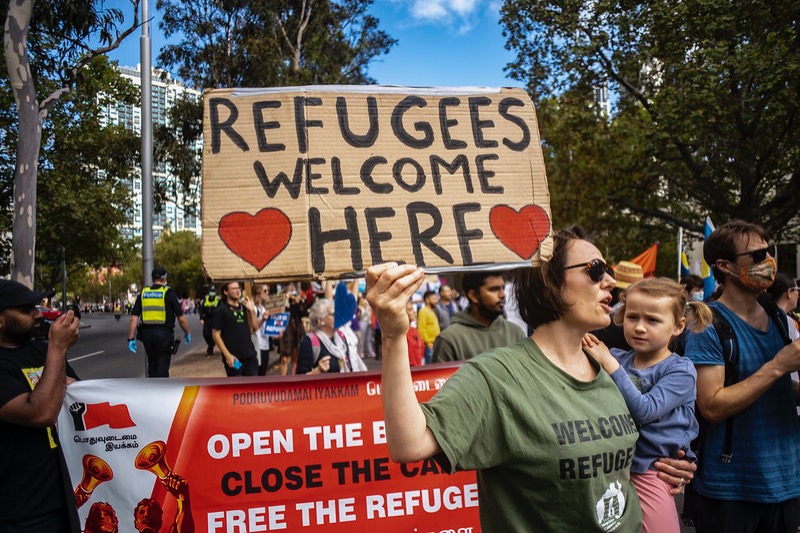
FAITH DOING JUSTICE
- Vincent Long Van Nguyen
- 24 June 2021
15 Comments
With the average length of detention in Australia now at an historic high, it is timely to review how immigration detention is used. It should be a last resort that is used for the shortest practicable time so that people who pose little risk to the community are not unnecessarily deprived of their liberty, and that they are able to contribute to the community.
READ MORE 
-
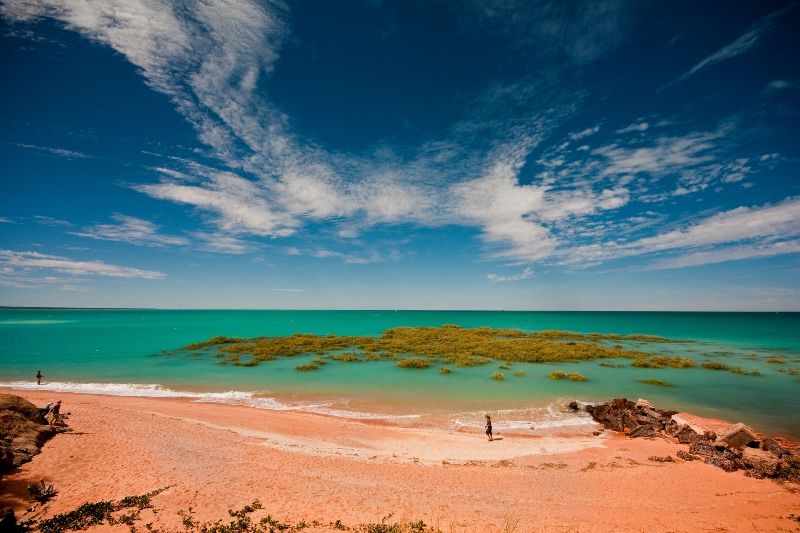
AUSTRALIA
- Catherine Marshall
- 27 May 2021
1 Comment
The emptiness is dispelled as I pull into Broome, a frontier city located on Western Australia’s Kimberley coast. The city centre, currently undergoing a major revamp, buzzes with pedestrians. Restaurants require booking. Down on Cable Beach, cameleers are lining up their charges for sunset rides and road-trippers are driving onto the wet sand and setting up camping chairs and cracking beers as they settle in for the show of a lifetime.
READ MORE 
-
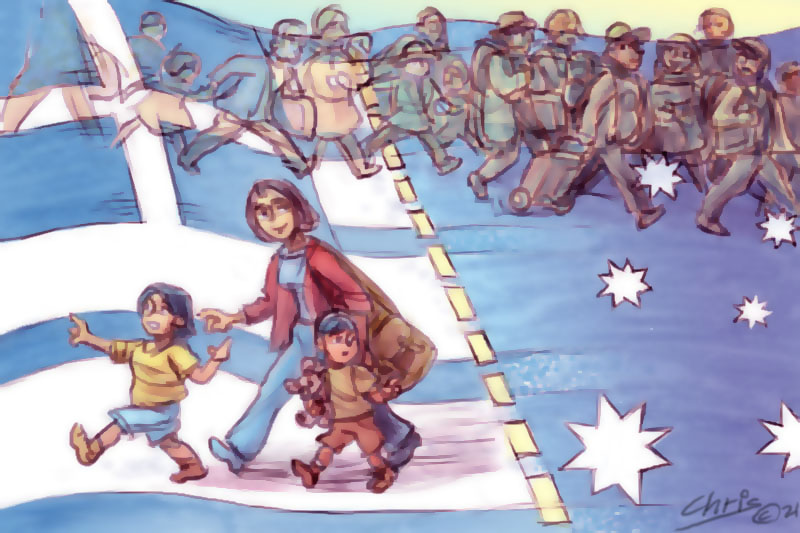
ARTS AND CULTURE
- Gillian Bouras
- 18 May 2021
18 Comments
Even though I tried to count my blessings and to avoid my besetting sin of self-pity, migration was hard. And decades later I still think it was hard. Sometimes I wonder how I survived it.
READ MORE 
-
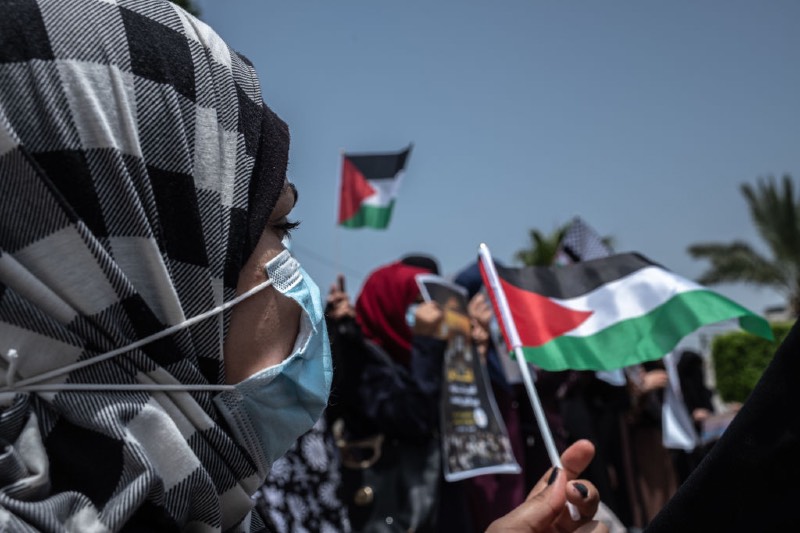
INTERNATIONAL
Using the term ‘colonisation’ in regard to Israel and its relationship to Palestine and its settlements in the West Bank is contested, with some claiming that the situation is not a perfect parallel to other colonial contexts throughout history.
READ MORE 
-
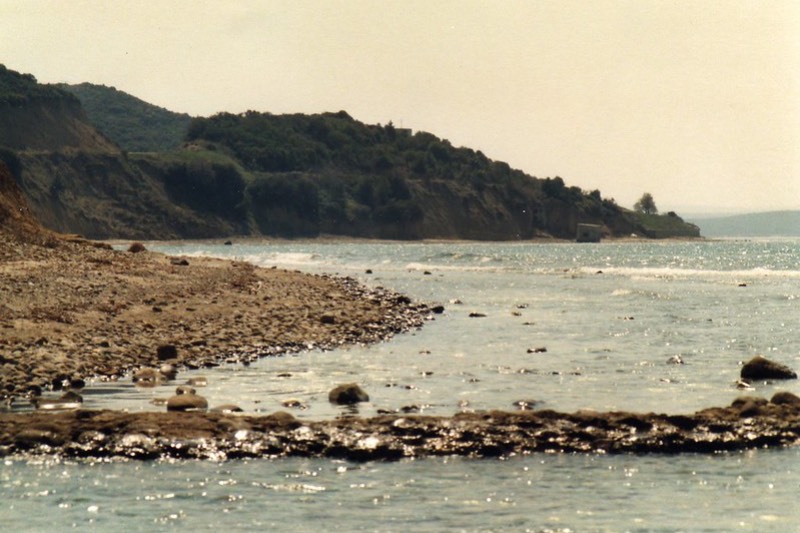
ARTS AND CULTURE
- Brian Matthews
- 30 March 2021
4 Comments
The military police were waiting for us in Gallipoli and they were not happy. Approaching in darkness, when we rolled to a stop we were immediately surrounded by uniformed figures. A group of men playing cards outside a café watched this drama unfold and one shouted something which made them all laugh. The military police, however, did not laugh.
READ MORE 
-
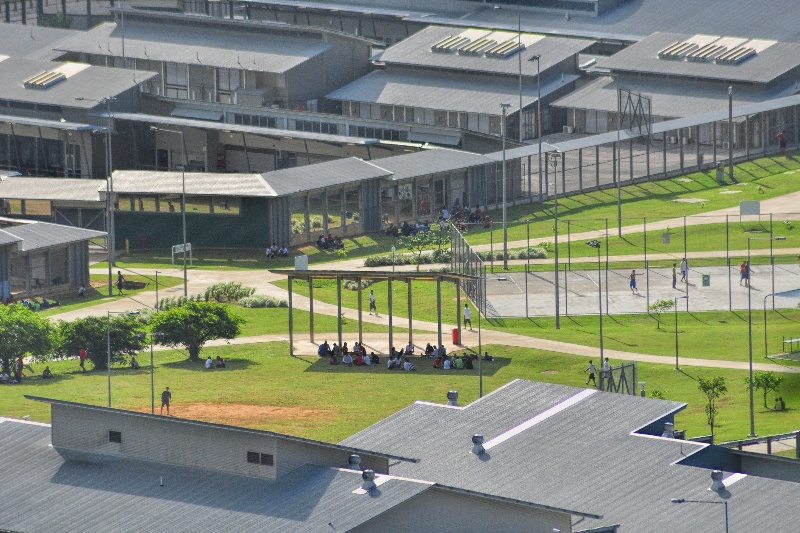
AUSTRALIA
- Zaki Haidari
- 23 March 2021
9 Comments
I am a refugee from Afghanistan, and I belong a minority ethnic group, the Hazaras. We have been persecuted for a long time because of our ethnicity, religion and values. In 2012, I was forced to leave Afghanistan. I was 17. Back home, my father was a medical doctor. The Taliban accused him of working with international armed forces in the country at the time. One day the Taliban took him away, and nobody has seen him since.
READ MORE 
-
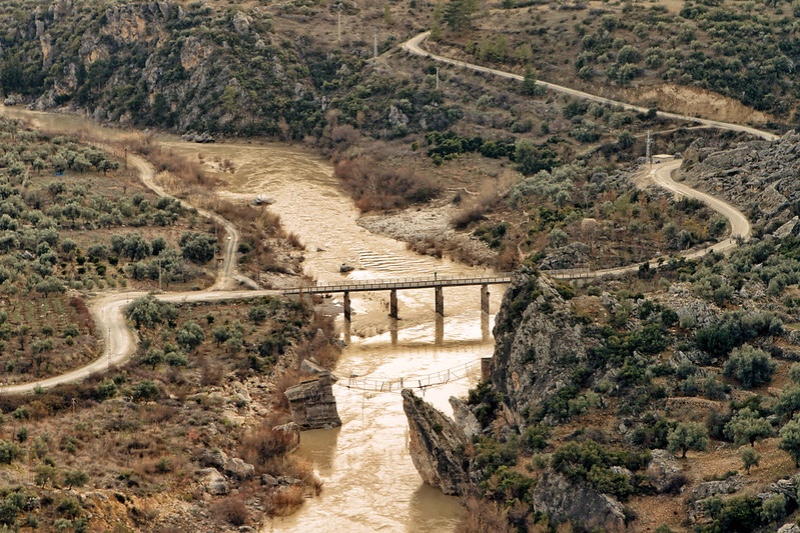
ARTS AND CULTURE
- Brian Matthews
- 16 February 2021
6 Comments
The border-obsessed times we live in reminded me of some really tough borders I encountered in years past. It is October 1961, the place: rural Turkey. Where you would have expected to roll on down the deserted dusty road, there is a boom gate and four sentries. This can’t be a border, however.
READ MORE 
-
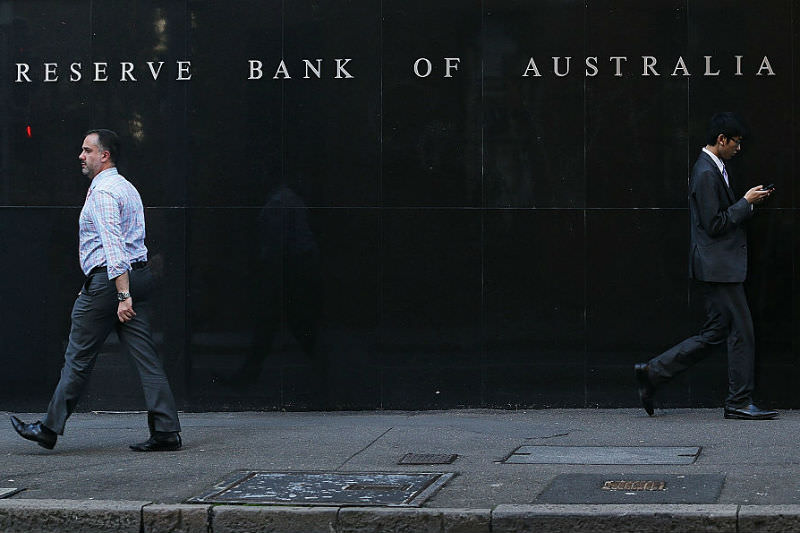
ECONOMICS
- David James
- 10 December 2020
1 Comment
The world’s financial markets are afflicted by a deep irrationality that imperils their very existence. On the surface, finance looks logical enough with its numbers, charts, mathematics, forecasts, ‘modelling’ and so on. But this only masks the fact that the system itself has been working on underlying assumptions that are either contradictory — such as that you can ‘deregulate’ finance when finance consists of rules — narrow minded or absurd.
READ MORE 
-
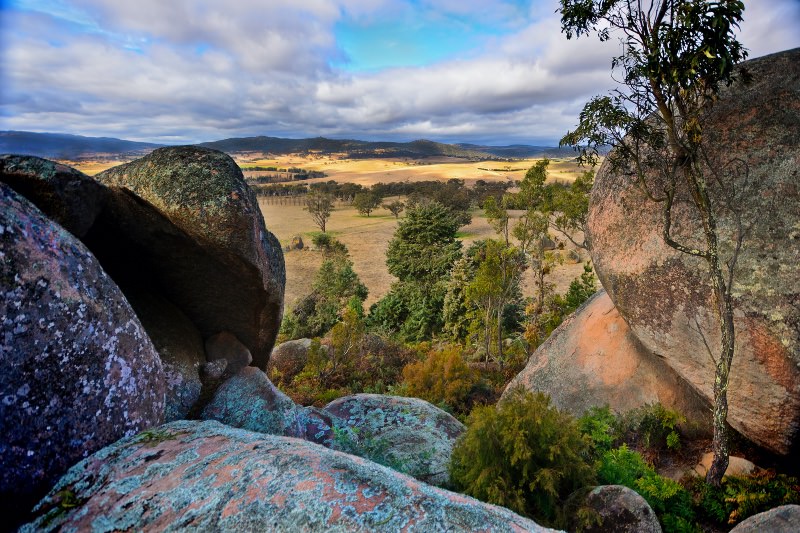
AUSTRALIA
- Catherine Marshall
- 10 December 2020
4 Comments
There’s not a spare parking spot to be had in the NSW central west town of Orange. Patrons spill from cafes onto pavements and queues trail in orderly ribbons from the gelato shop’s doorway. There’s no room at any inn, and restaurants are bursting at their (COVID-compliant) seams; forget about scoring a table if you haven’t booked ahead of time. Travel is back, and regional Australia is the big winner.
READ MORE 
-
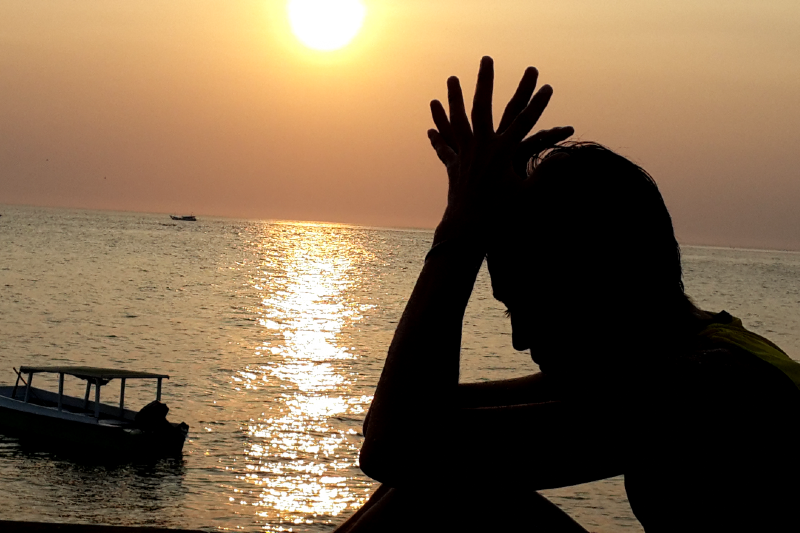
INTERNATIONAL
- JN Joniad and Ashfaq Hussain
- 10 December 2020
3 Comments
I was just fifteen years old when I was forced to run for my life. I dreamed of seeking a better education in Australia and becoming a pilot. Instead, I became a refugee in Indonesia, which does not recognize my existence and basic rights. I am even refused an education in this country. I have been in limbo for the last eight years.
READ MORE 
-
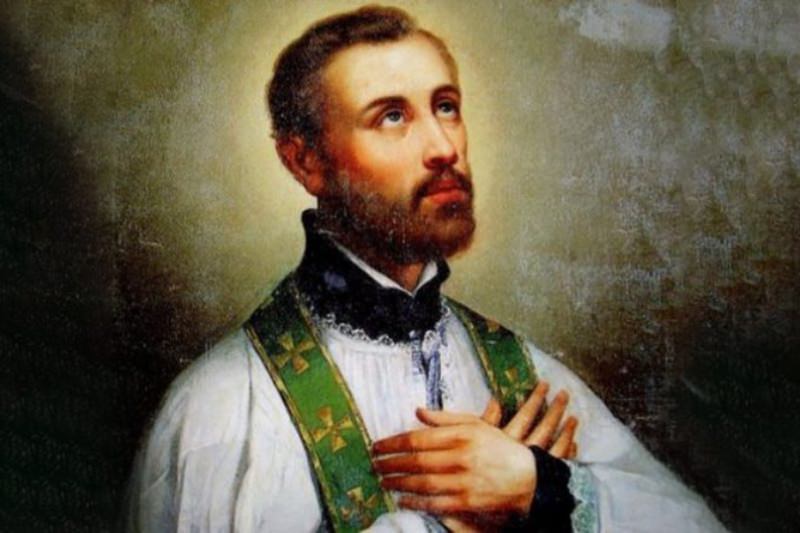
RELIGION
- Justin Glyn
- 02 December 2020
10 Comments
3 December has a couple of interesting resonances for this blind Jesuit. It is the feast day of St Francis Xavier — Jesuit missionary extraordinaire. It is also the International Day of Persons with a Disability. It seems to me that the two anniversaries have more than a little in common — both in what they tell us about the limits and the promise of human life in the image of God.
READ MORE 
-
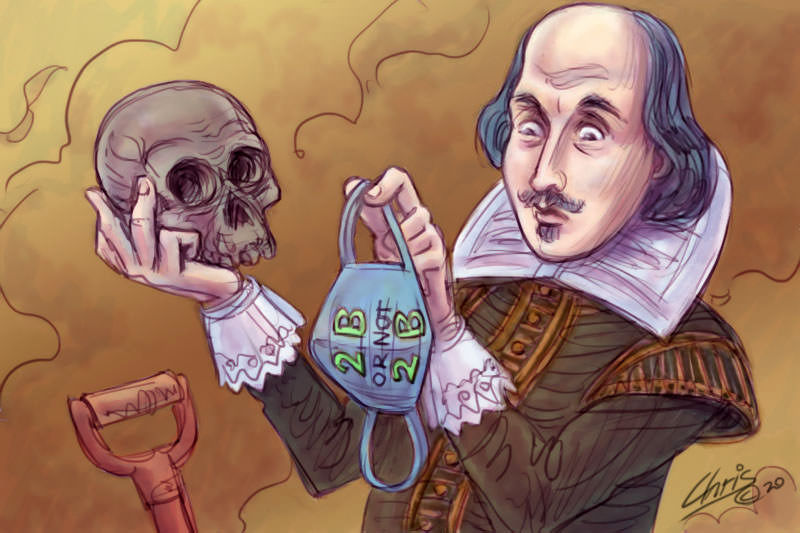
ARTS AND CULTURE
- Brian Matthews
- 24 November 2020
5 Comments
In measures now sadly familiar in 2020, theatres were closed once the number of weekly deaths exceeded 30, later 40, but because actors and the theatre world itself were so economically vulnerable, actors, understandably intent on earning a living, soon legally or otherwise cut themselves some slack by taking liberties with the rules governing performances and quarantine — again, a phenomenon that is now, against all previous odds, familiar to people of 2020.
READ MORE 